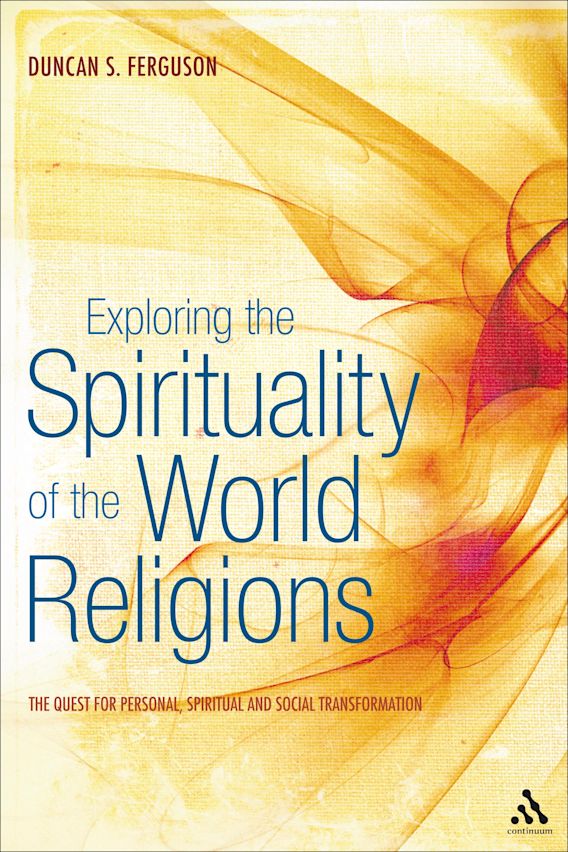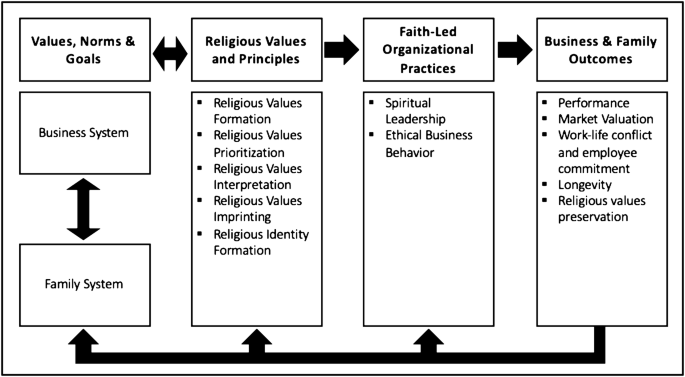Exploring Sacred Texts – A Journey Into Religion and Spirituality
Religion and spirituality are an integral part of many people’s lives. They offer guidance, hope, and a sense of belonging. One of the fundamental aspects of religion and spirituality is the sacred text, which serves as a source of inspiration, wisdom, and moral guidance. The world is home to numerous religious traditions, each with its unique sacred text. In this blog post, we will explore the meaning of sacred texts and discuss their importance in various religions and spiritual practices.
What are Sacred Texts?
Sacred texts are writings considered to be divine revelations or inspired by a higher power. They are considered holy and essential for understanding the tenets and values of a particular religious tradition. These texts have significant cultural, social, and historical value and are often passed down from generation to generation. Sacred texts can take many forms, including ancient manuscripts, oral traditions, and modern-day publications.
Importance of Sacred Texts
Sacred texts play a crucial role in religion and spirituality by providing a foundation for moral and ethical principles, rituals, and beliefs. They offer guidance on how to lead a meaningful and fulfilling life and how to interact with others in society. They also serve as a source of hope and comfort during challenging times, providing individuals with a sense of purpose and community.
Types of Sacred Texts
The world is home to various religious traditions, each with its unique sacred text. Some of the most widely recognized sacred texts include:
1. The Bible – the sacred text of Christianity, which contains the Old and New Testaments.
2. The Quran – the holy book of Islam, which Muslims believe to be the word of God as revealed to the Prophet Muhammad.
3. The Torah – the Jewish sacred text, which consists of the first five books of the Hebrew Bible.
4. The Bhagavad Gita – the Hindu scripture, which contains conversations between Lord Krishna and Prince Arjuna.
5. The Tao Te Ching – the foundational text of Taoism, which offers guidance on living in harmony with the natural world.
Exploring Sacred Texts
Exploring sacred texts can provide individuals with a deeper understanding of religion and spirituality. It can also offer insights into the historical and cultural contexts in which these texts were written. Additionally, studying sacred texts can provide individuals with a sense of personal growth and development as they explore their beliefs and values.
To explore sacred texts, individuals can attend religious services, read translations or interpretations of the texts, or participate in study groups. Many online resources are available to aid in personal exploration of sacred texts, including websites featuring sacred text translations and commentary. COVID-19 has further increased access to online resources for individuals who are homebound.
Conclusion
Sacred texts are an essential aspect of religion and spirituality. They offer guidance, insight, and inspiration and help individuals connect with a higher power or the divine. Exploring sacred texts can be a meaningful and transformative journey that yields a deeper understanding of oneself and one’s place in the world. Whether attending religious services, reading translations, or participating in study groups, there are numerous ways to explore sacred texts and discover their profound significance.











